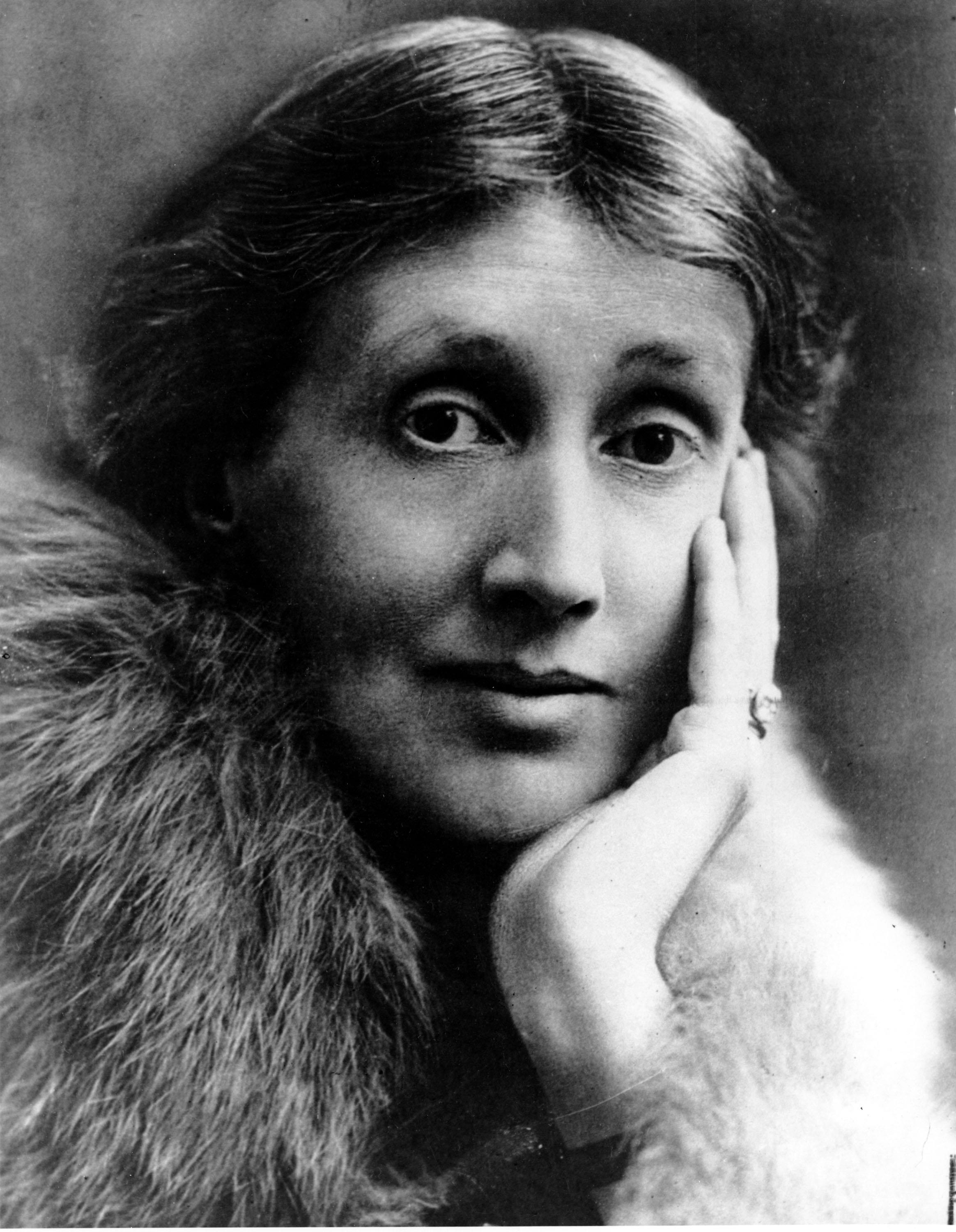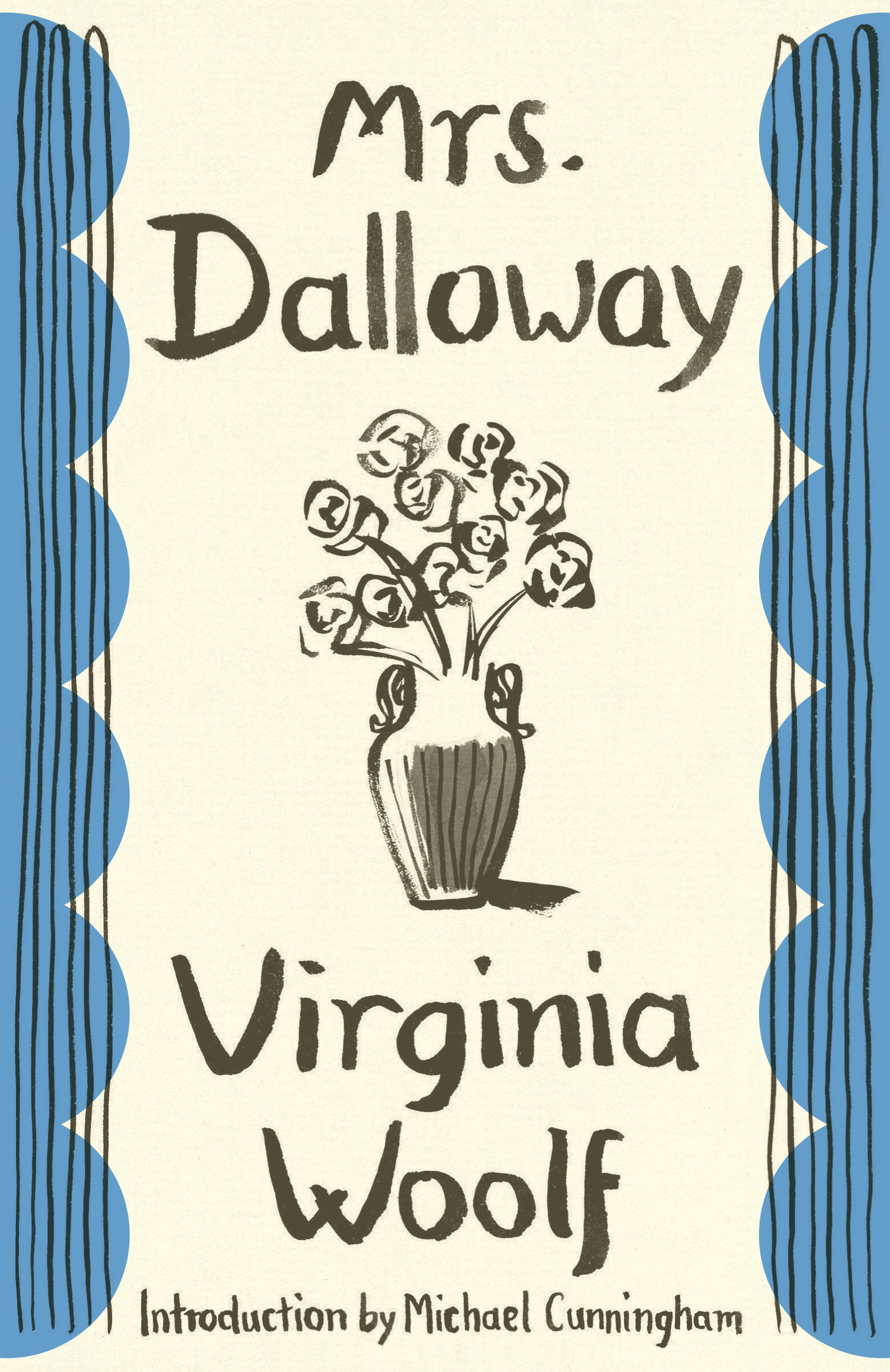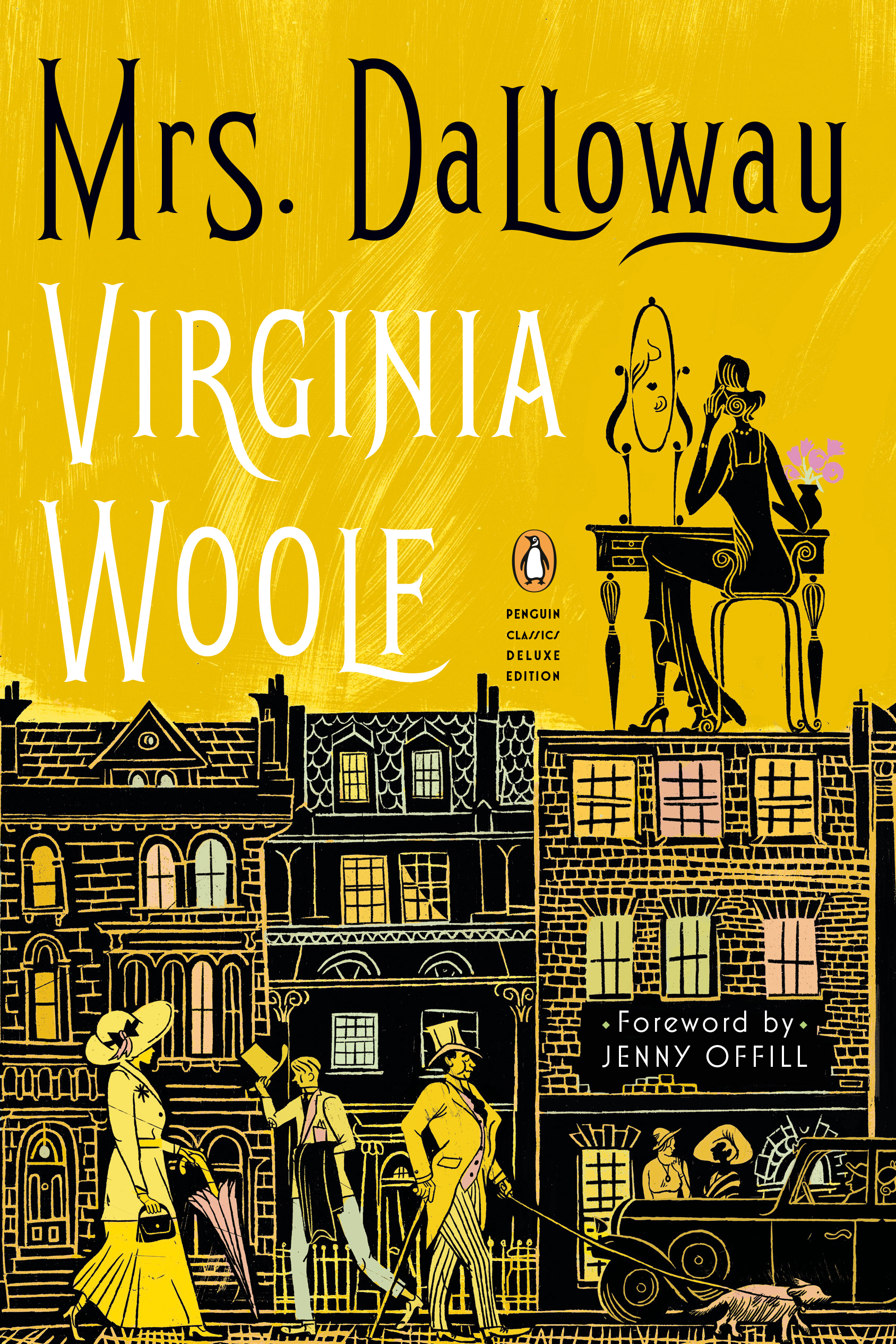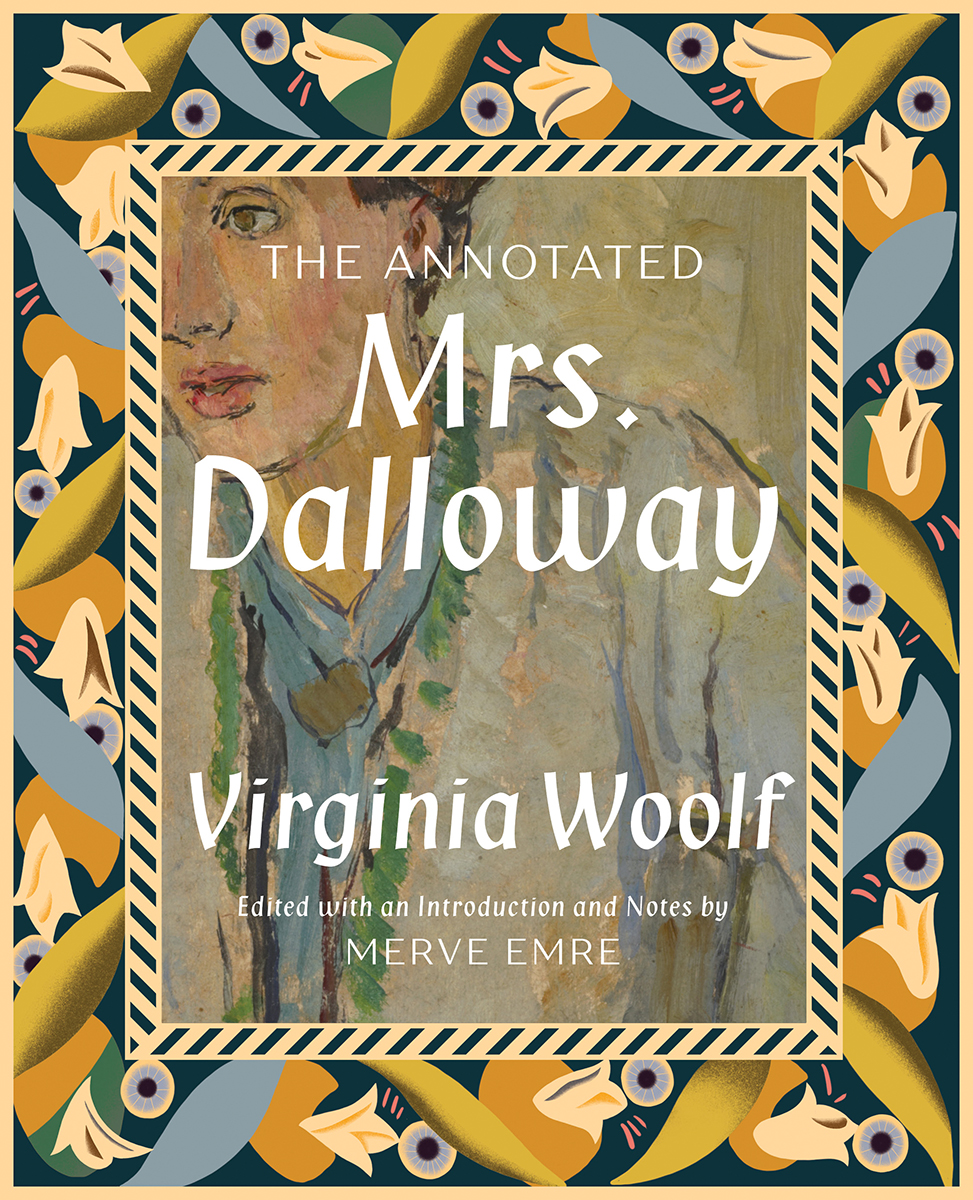After 100 years, there’s still much to learn from ‘Mrs. Dalloway’

This year marks the centennial of the first publication of Virginia Woolf’s great novel, “Mrs. Dalloway.” It’s truly a cause for widespread celebration, an occasion on which to honor the fact that Clarissa Dalloway is still going strong, that grateful readers are still being invited to spend a day in her company, a thrilling and heartbreaking day — June 13 — that begins with Mrs. Dalloway’s decision to buy flowers for a party and that ends with the party for which the flowers have been bought.
The action of the novel is as ordinary and extraordinary as any normal day in a London neighborhood of posh houses and genteel shops, but its scope ranges as far afield as British Colonial India and the scarred and bloodied battlefields of World War I. The time frame is limited to a single day in the experience of one woman living in the early decades of the 20th century, but its fans have long marveled at the daring and skill with which this relatively brief book (my 1981 paperback edition is less than 200 pages long) encompasses everything: past and present, love and desire, hope and disappointment, joy and grief, memory and illusion, sanity and madness — and an almost shockingly large cast of beautifully drawn and precisely rendered characters.

Woolf’s subject is not just Clarissa Dalloway’s life but life itself, the wonder of human consciousness and what it means — what it feels like — to be a human being. In her diaries, the author describes feeling “as if I had loosed the bonds pretty completely and could pour everything in,” and later tempers her unease over two negative reviews with her pleasure at receiving a letter in which a young man praises her for having “caught life & put it in a book.”
In a 2001 essay, Michael Cunningham — whose 1998 novel, “The Hours,” a Pulitzer Prize winner, is loosely based on “Mrs. Dalloway” and takes its name from Woolf’s working title — recalls the first time he read it, on the recommendation of the charismatic “pirate queen” of his “not very good” Southern California high school. He remembers knowing that it was the first great book he’d ever read, the first book that showed him what literature could be. He describes that feeling we have when we read a masterpiece: that somehow it was written for us, that it magically defied the limits of time and space and came and found us.
I can’t remember the first time I read the book. Probably, I initially encountered it in college, but much of what happened then is a blur. I do know that I’ve read it five or six times since then, and that I’ve loved it every time. I taught it in a Bard College class about how literature and our ideas about consciousness changed (or didn’t) after Freud. I was pleased — and relieved — that my students shared my admiration for its complexity and beauty.
I remember a passing reservation that occurred to me during one reading and disappeared with the next. It involved the character of Septimus Warren Smith, a shell-shocked World War I veteran who emerges, with special intensity, from the large population of characters, among them a husband, a former lover, a daughter who is devoted to a sour zealot, and a wide range of Clarissa Dalloway’s friends and acquaintances.
Septimus stands out because, obsessed by the violence and brutality of the war and by the loss of a military comrade, he is going mad and ultimately kills himself. I recall the feeling that some energy left the book after Septimus’s suicide, and I understood, or thought I understood, why Woolf described the sections about him as having been the most difficult and worrisome to write. It took me another reading to realize that Septimus was the most painfully autobiographical of her characters. His hallucinations — the birds outside the window speaking Greek — were taken from her own experiences of madness. The abysmally and fatally useless advice he receives from a distinguished Harley Street doctor mirrors Woolf’s own encounter with the healing professions. Married to a hapless Italian woman who loves him but has no idea how to help him, poor Septimus is as much a part of that lovely spring day — as much a part of the exquisitely rendered life of that day — as Clarissa Dalloway, who enjoys every comfort and privilege and is a bit of a snob who dislikes her daughter’s friend Miss Kilman because she is dour, overly religious and wears an unstylish raincoat. Indeed, in a letter sent on the day of the novel’s publication, Woolf wrote that “Septimus and Mrs. Dalloway should be entirely dependent upon each other.”

In honor of its 100th birthday, and in preparation for writing this, I reread the novel. And to borrow Emily Dickinson’s definition of poetry, it made me feel as if “the top of my head were taken off.”
I’m not entirely sure why it impressed me so much this time around, why my sense that the book had been written for me to read just then was so especially powerful. Maybe it was because I’ve grown older and written more and learned that, no matter how much you write, writing is always hard work. And I don’t think I was ever so astonished by the grace and skill with which Woolf somehow made the process look easy.
It occurred to me this time, as surely it already had to many others, that the novel’s first sentence, “Mrs. Dalloway said she would buy the flowers herself” — so authoritative, so simple, so deceptively unassuming — is right up there with the great beginnings. Not far into the book, we begin to get an almost mystical sense of how much that sentence encompasses, how much meaning its every word contains, how many people will be involved in and affected by Mrs. Dalloway’s apparently quotidian decision.
My sense of wonder kicked in early, during a by-now-famous moment in which a London cab is stalled in traffic and various important characters and random pedestrians notice and speculate about the identity of its passenger. Reading it feels like seeing a winged creature take off and fly, watching a writer gain confidence in how fast she can move from one perspective to another, from one consciousness to the next, how much meaning she can extract from one instant in time, one conflicting set of perceptions. It typifies the lightness and dexterity that enable Woolf to toggle between the familiar and the unique, that permit her to make profound philosophical observations about existence — about the persistence of memory, the longevity of regret, the extent to which our joy in life is informed by our awareness of its brevity — without ever seeming preachy or pretentiously abstract.

Also, it felt like a privilege to be invited to reenter the world of the novel at a time when our own world seems so fractured, cruel and uncertain. It was a blessing to read something that celebrates our common humanity without lying about how tough it is to endure the suffering from which none of us are spared. And it seemed like the exact instant at which I needed to be reminded that humans can misunderstand and deceive and inflict great pain on one another, yet also create something shining and precious and beautiful.
Several days later, I found myself telling a student who is writing about obsession and consciousness that she had to read “Mrs. Dalloway.” Immediately! And it was wonderful to think that this young writer was likely to feel that something written a century ago could have been written yesterday — written just for her to discover now, when it was most meaningful, most relevant and most intensely necessary.
Francine Prose is the author of 22 novels. She is a distinguished writer in residence at Bard.
Post a Comment